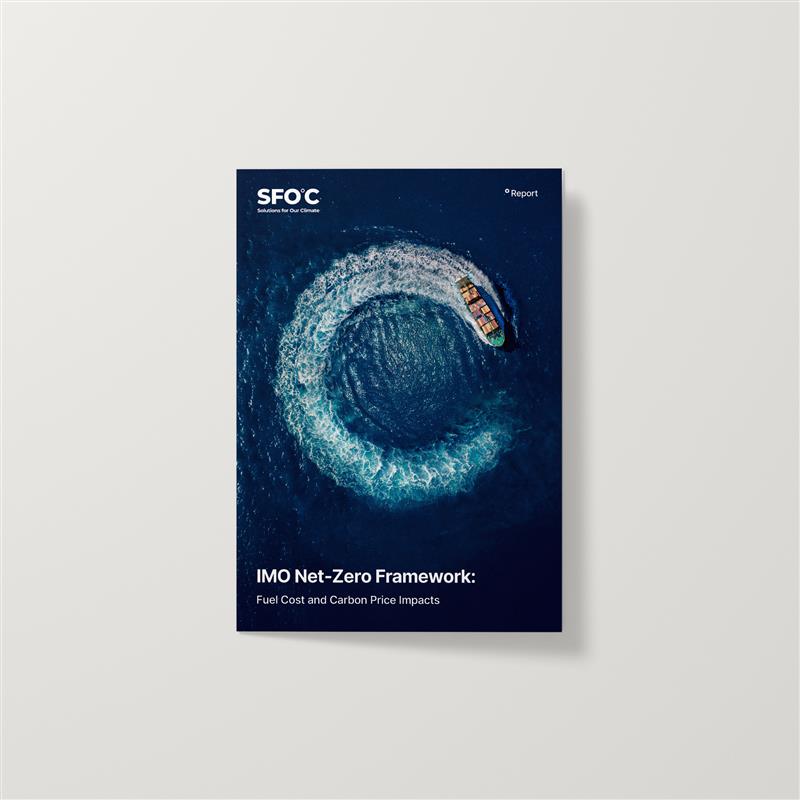
Executive summary
Under increasing environmental regulations from the IMO and EU, the shipping industry is pressured to bear significant responsibility in reducing GHG emissions globally. This is further underscored by South Korea's commitment to achieving net zero by 2050, as outlined in the Ministry of Oceans and Fisheries (MOF) 's Strategy for International Shipping Decarbonization, announced in February 2023. Under the guise of reducing GHG emissions, LNG is considered an environmentally friendly interim fuel, and many countries, including South Korea, are ordering LNG-powered vessels and expanding the LNG bunkering market.
However, LNG is a fossil fuel, mainly consisting of methane, and, therefore, cannot achieve substantial GHG emissions reduction compared to conventional petroleum-based fuels on a lifecycle assessment basis. The benefits of LNG are diminished with the adoption of the Well-to-Wake standard in many international regulations. In addition, the infrastructure secured for LNG bunkering will likely be obsolete in 20 years, exposing it to higher stranded asset risk.
In this brief, SFOC examines the South Korean government's decarbonization policy and support for the shipping industry, particularly its reliance on LNG. The brief also recommends immediate and decisive actions that need to be considered to realize the 60% GHG emission reduction declared in MOF's Strategy for International Shipping Decarbonization.
Key findings
Considering that LNG is mainly methane, the Well-to-Wake emissions of LNG could be higher than anticipated due to methane’s high Global Warming Potential. Methane, the second most potent climate-warming pollutant after carbon dioxide, contributes to 30% of global warming.
In LNG-powered vessels, emissions occur not only from the combustion of LNG during operations, which releases boil-off gas (BOG) into the atmosphere, but also from methane slip, where unburned methane leaks from the engine.
South Korea’s LNG bunkering market in 2024 is estimated at around 60,000 tons, which is relatively insignificant compared to the global market.
LNG bunkering facilities cannot be shared with alternative fuels such as methanol, ammonia, and hydrogen, emerging as significant alternative fuels. Therefore, investing in LNG bunkering infrastructure will inevitably extend the lifespan of LNG, a fossil fuel.
The prolonged use of LNG as a shipping fuel will hinder progress towards achieving net zero in international shipping by 2050. South Korea, which has declared its ambition to become a green shipping powerhouse in the net zero era, has paradoxically not yet established a specific timeline for phasing out LNG fuel and transitioning to carbon-free fuels.












![[Report] Achieving Net Zero in International Shipping through Korea-US-Japan Green Shipping Corridor](https://content.sfoc.tapahalab.com/images/research/s11Jime.jpg)





